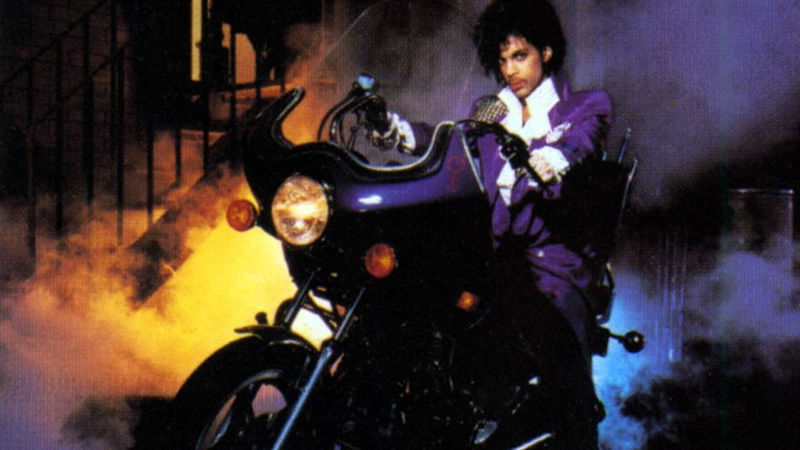After a long legal battle, representatives for Prince, the Electronic Frontier Foundation, YouTube and a Pennsylvania mom were handed a decision Monday by the San Francisco Ninth District Court of Appeals that proponents of fair use are calling a landmark ruling and is expected to make online video takedowns more difficult.
As detailed by San Francisco Chronicle court reporter Bob Egelko, the ruling not only upholds Stephanie Lenz’s right to post “Let’s Go Crazy #1,” a 29-second YouTube clip of her baby dancing to Prince, under fair use, but requires the copyright holder to consider fair use before sending a takedown notice (and show evidence they considered fair use).
Previously, takedown notices issued under the Digital Millennium Copyright Act resulted in immediate deletion of videos in question on YouTube, or a muting of the music by YouTube — a familiar situation for anyone who’s uploaded short videos of their friends dancing with music in the background.
But now entities like Universal Music Group, who represented Prince in the case, will be legally forced to show that the disputed use in question does, in fact, violate copyright, and is not protected under fair use. According to Stanford University Libraries, fair use is generally defined by “a limited and ‘transformative’ purpose, such as to comment upon, criticize, or parody a copyrighted work.”

The Electronic Frontier Foundation, a San Francisco-based organization who represented Lenz in suing Universal Music Group, sums up the decision thusly:
Today, the United States Court of Appeals for the Ninth Circuit ruled that copyright holders like Universal must consider fair use before trying to remove content from the Internet. It also rejected Universal’s claim that a victim of takedown abuse cannot vindicate her rights if she cannot show actual monetary loss.
“Today’s ruling sends a strong message that copyright law does not authorize thoughtless censorship of lawful speech,” said EFF Legal Director Corynne McSherry. “We’re pleased that the court recognized that ignoring fair use rights makes content holders liable for damages.”
It’s important that the case involved Prince, who has been the fiercest and, some would say, most overstepping guardian of his music’s copyright online. As for those repeatedly posting clips of Prince’s first public performance of “Purple Rain” in 1983 (stop what you’re doing and watch it here while it lasts, it’s incredible), takedown notices will still be legally binding.


